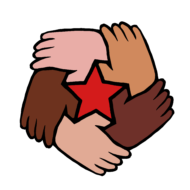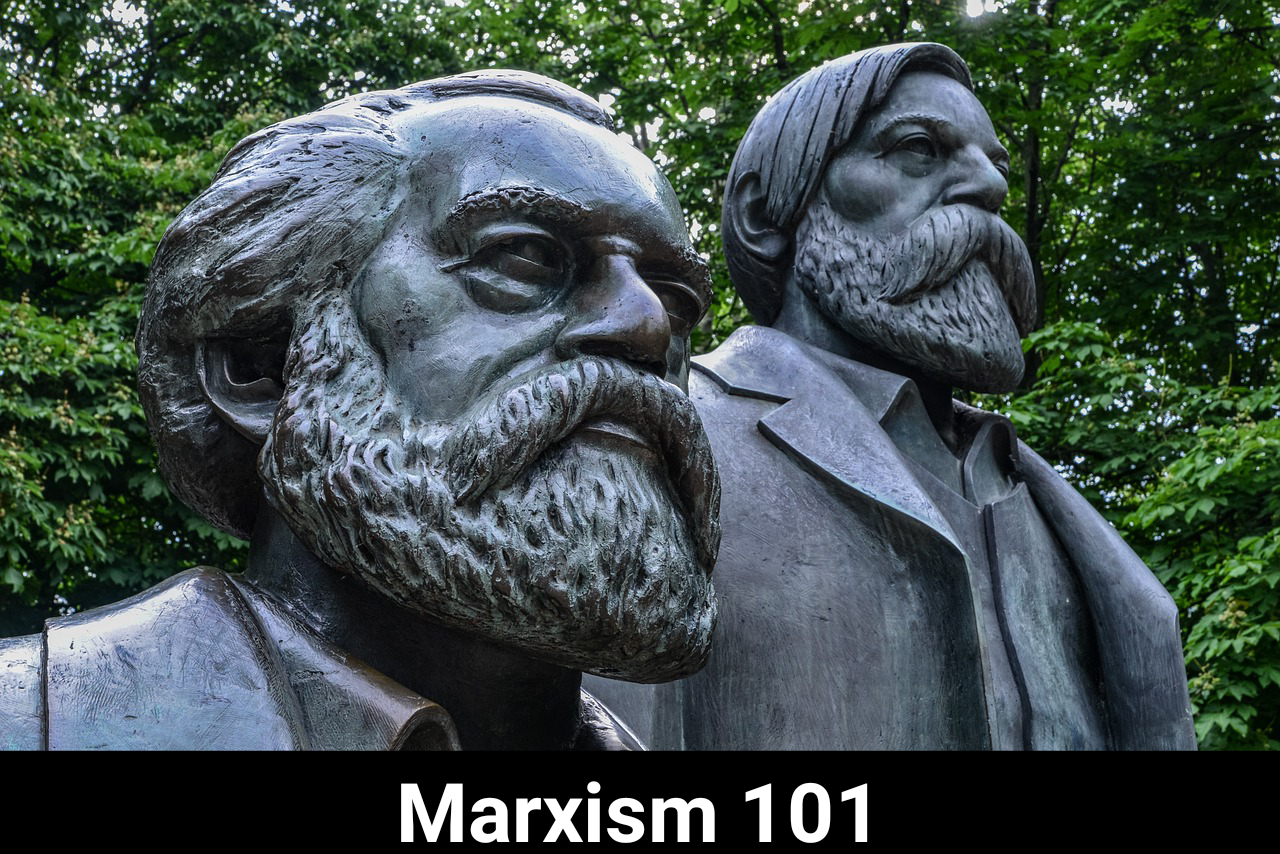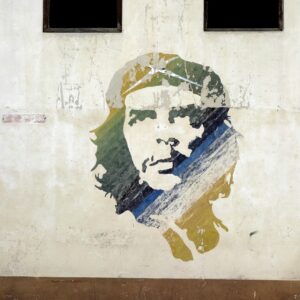“The history of all hitherto existing society is the history of class struggles.” – Marx and Engels, The Communist Manifesto
The ideas of class and class struggle are intimately tied up with Marxism because Marxists see economic relations as both the foundation that the rest of society is built on, and the driver of societal change.
Before people can create politics, religion, art, or sport, they first have to provide for their material needs. People need food and shelter, clothing and tools. In order to provide those things, people have to organise themselves for the production and distribution of those goods and services. How they organise themselves isn’t incidental. It creates definite relationships between people that they live out in their daily lives. Who works at what, for how long, and how hard? Who receives the products of that labour? These relations of production form the real foundation upon which the social and ideological life of society is built.
What is Class?
Marxists define class based on the relationships people have to the Means of Production, (the stuff used to make stuff, such as farms, factories, and raw materials.)
In a feudal society, lords or clergy owned the land and serfs farmed it in exchange for a portion of their produce or labour. In bourgeois society, capitalists own the businesses, while the proletariat have to continually sell their labor to the capitalist class, since they don’t own the tools and materials necessary to create their own living.
This Marxist definition of class, based on your relationship to the Means of Production, is very different from the liberal definition of class, which often relies on income level or arbitrary social factors.
Whether a worker is paid a high or low wage though, it’s ultimately in their interests to take control of the economy themselves, in order to end their exploitation, improve their working conditions, and protect the environment. Whether a capitalist merely receives enough money for a comfortable living, or whether they receive enough money to live in a palace, it’s in their interest to continue the system where they profit from other people’s labor. This is why Marxists look at how the individual relates to the economic system.
Class Struggle
In any class-based society, the separate classes have material interests that conflict with those of the other classes. In order for society to function, one class has to become the ruling class and impose its will upon the other classes of society. It does so through a mixture of force and ideology.
The class that controls the means of material production has the resources to physically enforce its rule and to fund the creation and widespread dissemination of its ideology. In this way, the ruling class operates the state machine in its own interests, while presenting its interests as the interests of all.
Just because one class manages to rule however, that doesn’t mean that conflict between the classes has ended. The separate classes continue to struggle against each other continually, fighting both the war of ideas and struggling materially against each other, either for improved conditions or for the complete restructuring of society.
Class Struggle Under Capitalism
Since the adoption of private property, society has organised itself in complex class hierarchies. If we look at Tudor England, for instance, we find society split into monarchy, clergy, nobility, gentry, yeomanry and citizenry, laborers, and vagrants, with further hierarchy within all these classes, not least patriarchal oppression.
The development of capitalism has swept away these classes and developed two opposing classes in their place: the proletariat and the bourgeoisie. These two classes now make up almost the whole of society.
As part of the same process, the development of capitalism has concentrated wealth in the hands of a few while dispossessing the vast majority of people of the means to make an independent living. This has left the masses in a position where they have to continually sell their labour power to the few capitalists in order to live.
The proletariat and bourgeoisie stand in direct opposition to each other: exploited and exploiter. The members of one class need to exploit the other to the highest degree possible, in order to keep up with their competition. The members of the other are tied to their exploitation out of the need to eat and live.
Is Class Struggle Inevitable?
Yes and no. There will be class struggle for as long as there are separate classes with conflicting material interests. However, it’s entirely possible to end the division of people into separate classes.
The simplified class structure, and other innovations created by the development of capitalism, have made it possible, at last, for the exploited masses to take control of society for themselves, by dispossessing only a small number of clearly defined enemies.
The production process has already been socialized away from the small workshops and independent farms, and into large businesses of hundreds or thousands of employees. Only the ownership of the economy remains unsocialized.
By taking collective ownership of the economy, we’ll put economic power in the hands of the vast majority, and society can finally be run by the masses, until the capitalist class is stripped of all its power and ceases to exist.
People will finally return to a society that’s run for the collective good; one where no group exploits another.
Recommended reading:
The Manifesto of the Communist Party by Karl Marx and Frederick Engels
Return to: Marxism 101 Course





